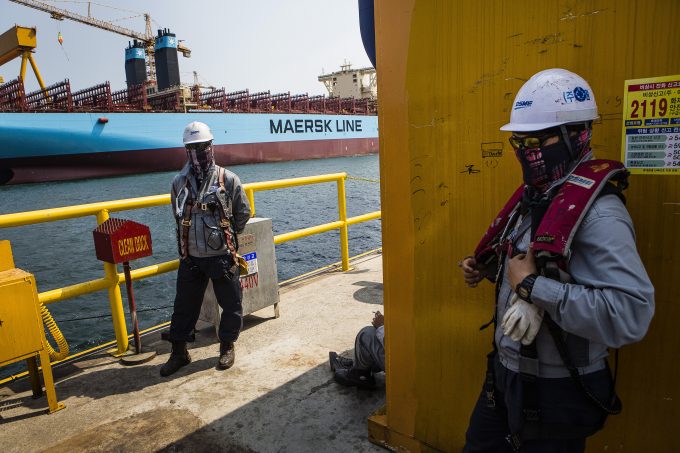LX Pantos spreads its wings as ecommerce traffic drives network expansion
South Korean 3PL LX Pantos said yesterday it had paid $156m to acquire the 11-storey ...

It’s been like a game of massive macroeconomic chicken: who will blink first, the Chinese government or the state-owned South Korean banks? The story in shipping for the past decade is that there have been too many ships; and that’s because ship prices were exceptionally low, and that’s because there were too many shipyards; and there were too many shipyards because the Chinese have been producing far too much steel, so that has been ultra-cheap as well. The national and provincial Chinese authorities ...
Maersk u-turn as port congestion increases across Northern Europe
Apple logistics chief Gal Dayan quits to join forwarding group
Maersk Air Cargo sees volumes fall as it aims for 'margin in favour of revenue'
Houthis tell Trump they will end attacks on Red Sea shipping
Transpac rates hold firm as capacity is diverted to Asia-Europe lanes
Airlines slash freighter capacity post-de minimis, but 'the worst is yet to come'
MSC revamps east-west network as alliance strategies on blanking vary
India-Pakistan 'tit-for-tat' cargo ban sparks sudden supply chain shocks

Comment on this article